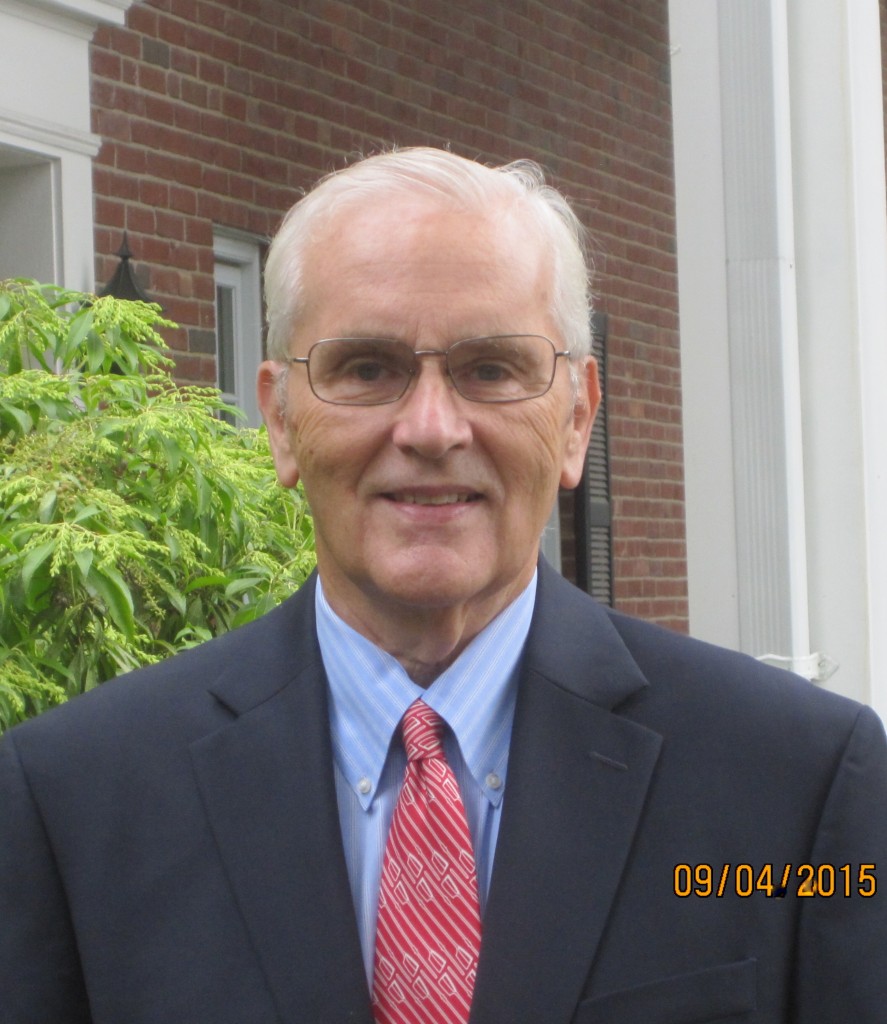John Bowman
 John Bowman was a legal services lawyer in Roxbury and Dorchester with the Boston Legal Assistance Project (now Greater Boston Legal Services) after graduating from Yale Law School and Princeton University. He subsequently served as a Clinical Teaching Fellow under the late Gary Bellow at Harvard Law School and as Associate Professor of Law and Director of the Civil Clinical Program at Boston University, where he also taught Federal Courts, Professional Responsibility, and Client Interviewing & Negotiation.
John Bowman was a legal services lawyer in Roxbury and Dorchester with the Boston Legal Assistance Project (now Greater Boston Legal Services) after graduating from Yale Law School and Princeton University. He subsequently served as a Clinical Teaching Fellow under the late Gary Bellow at Harvard Law School and as Associate Professor of Law and Director of the Civil Clinical Program at Boston University, where he also taught Federal Courts, Professional Responsibility, and Client Interviewing & Negotiation.
He served as an Assistant Attorney General in the Government Bureau (Trial Division and Administrative Law Division) under three attorneys general (Bellotti, Harshbarger, and Reilly), where he was the Appeals Coordinator, and also served as a Deputy Director of the Division of Employment Security. After leaving state government, he was a partner in Bowman & Penski, a part-time “virtual” law firm that specialized in municipal representation. He now works as a part-time hearing officer for the Commonwealth Health Insurance Connector Authority and, in the past, was a hearing officer for the Department of Elementary & Secondary Education in charter school revocation proceedings.
John is a long-time member of the board of directors of Greater Boston Legal Services and has also served on the boards of the Massachusetts Council for Public Justice and the Civil Liberties Union of Massachusetts. He was a member of the Boston Bar Association Task Force on Confidential Settlements and the Massachusetts Bar Association Appellate Bench – Bar Committee and has been an instructor in continuing legal education programs. He currently chairs the committee that makes charitable contributions for the United Parish in Brookline and is active in the church’s social justice and education programs.
John’s Access to Justice Fellowship project will focus on efforts to reform the criminal justice system to end mass incarceration. He will work with the Jobs Not Jails Coalition, that includes grass roots, ex-prisoner, faith community and labor organizations, and will coordinate with other organizations, such as the Special Commission to Study the Criminal Justice System, Families Against Mandatory Minimums, and the Civil Liberties Union.